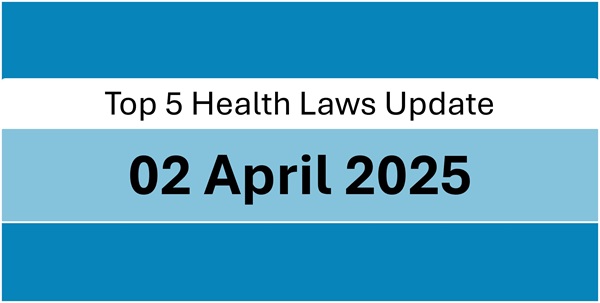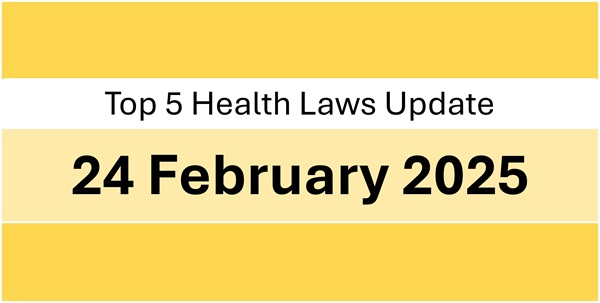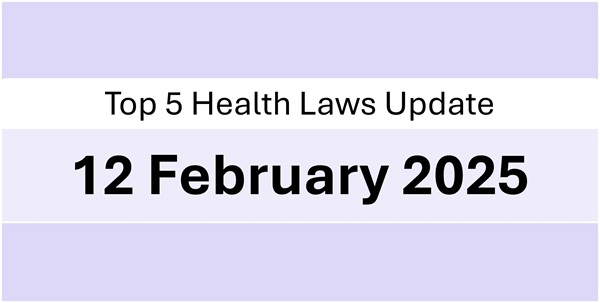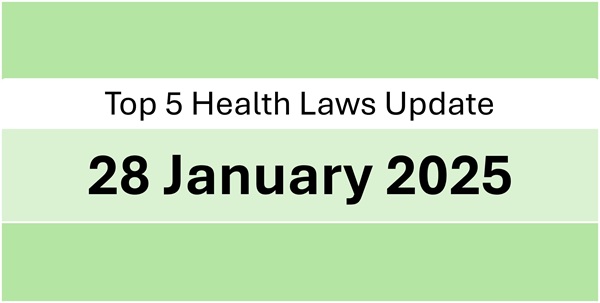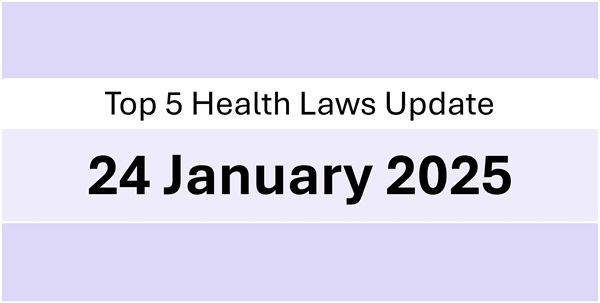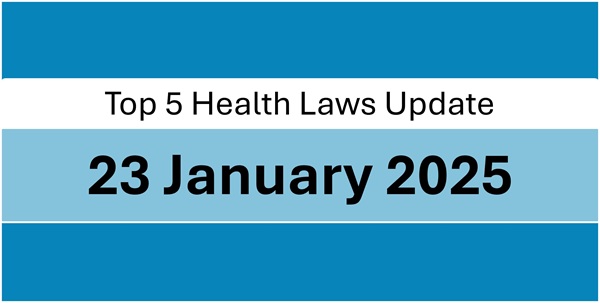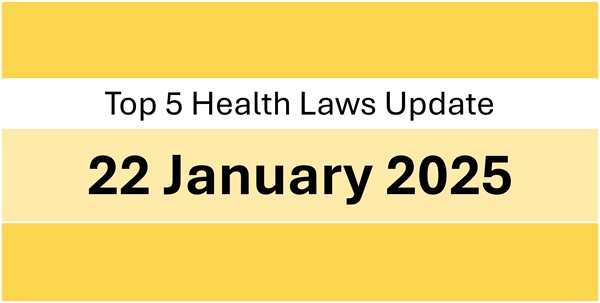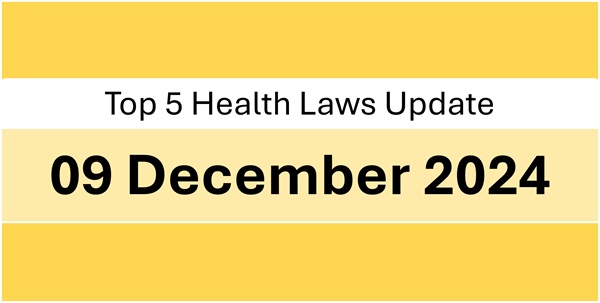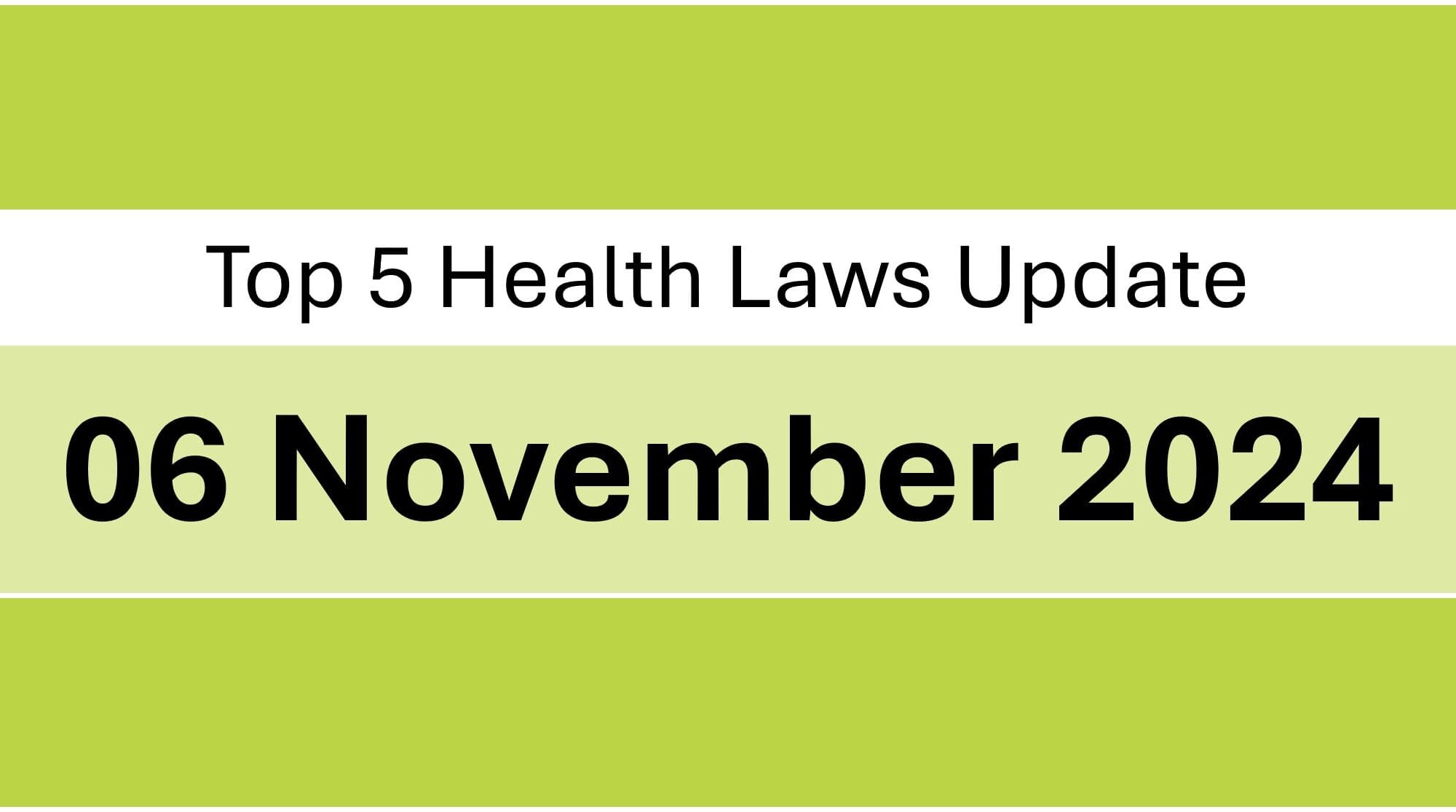Dear Readers, we are happy to share the most interesting legal and policy updates concerning health industry that we read today. we hope you enjoy reading it.
1. CDSCO has proposed a draft list to revise the existing classification list of cardiovascular and neurological devices, categorizing 351 cardiovascular and 202 neurological devices under a risk-based classification. Stakeholders can review and submit feedback within 30 days via a Google Form before finalization.
Source: bit.ly/3QYf29q
2. The central government has no plans to set up a special tribunal for medical negligence cases. Instead, such cases are handled by State Medical Councils, which can take disciplinary action against doctors. Appeals can be made to the National Medical Commission (NMC).
Source: bit.ly/42jt9LX
3. The 2025 National Trade Estimate Report states that unclear licensing guidelines and import procedures under India’s Medical Device Rules have delayed U.S. exports of refurbished medical devices. Since April 2024, CDSCO has suspended approvals for existing and new import licenses, effectively blocking refurbished medical device imports.
Source: bit.ly/4lfgp1s
Source: bit.ly/41W3pWY
4. The Central Consumer Protection Authority fined three lotion companies for falsely claiming in e-commerce ads that their products whiten skin instantly. The Bureau of Indian Standards found no scientific proof. The companies removed their ads and were warned of a ₹50 lakh fine for repeat violations.
Source: bit.ly/3G2pB94
5. India’s Delhi High Court upheld Consumer Protection Authority guidelines barring automatic service charges addition in restaurant bills. It was further held that collecting such service charge under other names constitutes an unfair trade practice. Additionally, GST cannot be charged on service charges.
Source: bit.ly/4j88ukG

